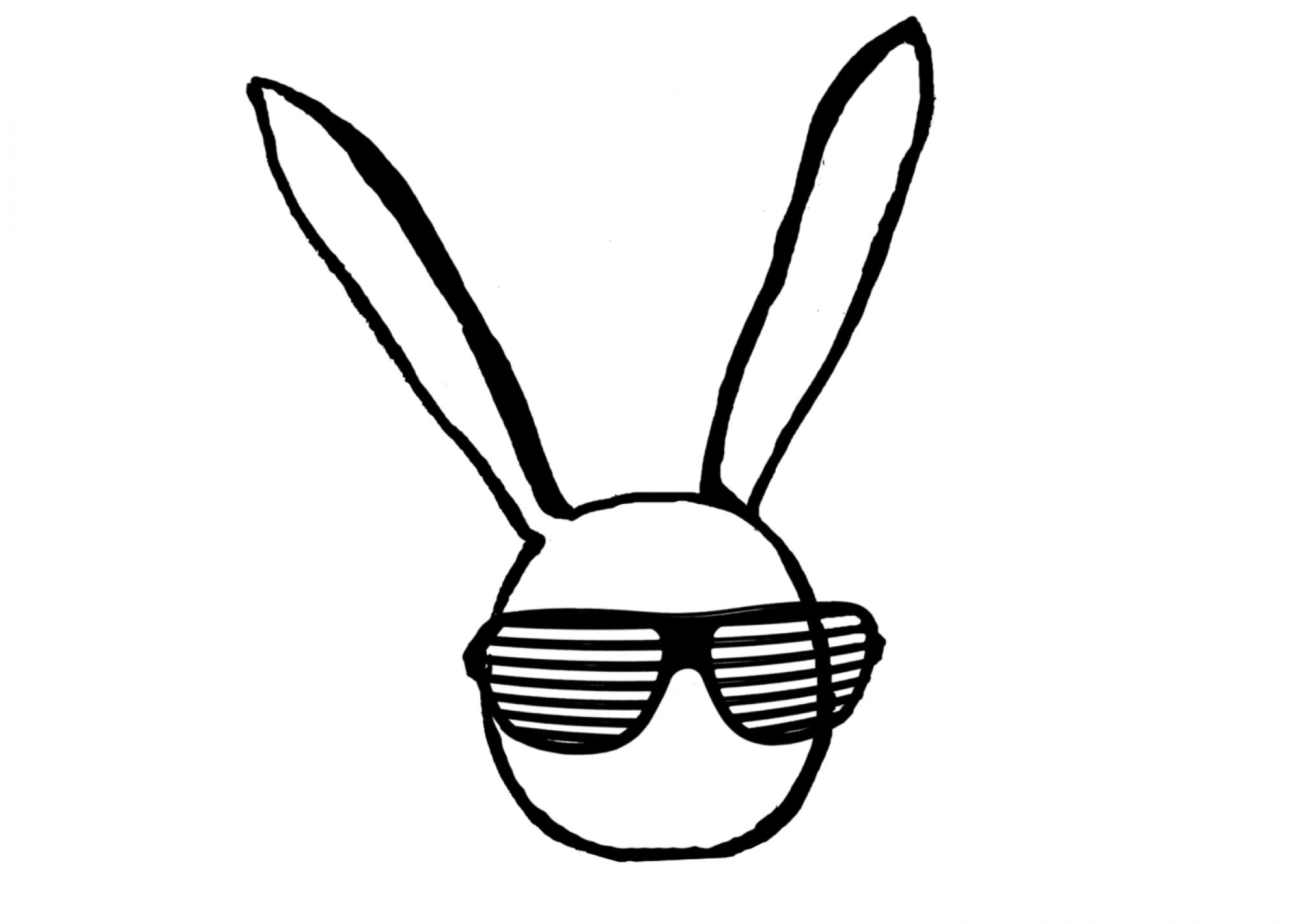Speaking of original music, I got a chance to preview a new ambient/chillout album by Captain Quaalude, available on bandcamp. While this type of music may be “too experimental” in nature for enjoyment by the “common ear” – ambient and chillout music is a great source of inspiration for me personally. Quite often, the “goal” – if you will – is to combine some unusual elements in such a way that they work well together and provide for a pleasant listening experience.
The six and a half minute first track, Flight Patterns, accomplished a pleasant listening experience, but more than that, it’s essentially its own imaginary world, created using sound. The heavily distorted intro is a bit unusual, but things get interesting as the atmosphere evolves, and the track becomes progressively cleaner, as if a fog of noise is slowly clearing the way for different sounds to penetrate the veil, and shine on their own. The track ended abruptly for my taste, I felt like it could keep going for another minute or two, with more evolutions, more progression and development. It left me waiting for more.
Blizzard Shrapnel takes things into a quasi-trap dimension with a big pounding bass drum, some very interesting chords and vocal samples. Dissonant, but in a good way, there are a lot of things happening here. Abrupt transitions from percussion to acoustic guitar, the piece feels like it was made with love, love for attention deficit. I’d equate this particular piece to modern art, in a sense, because while there are some interesting, almost psychotic episodes and changes in structure, it is done in a very clever way. Soft vibes wrapped in darkness.
I’m starting to get used to how this album flows by the time Bang Bang Club starts out with a rich ambiance, vocal samples, dark hip-hop style beat on which I could see Jay Z dropping a verse. Suddenly, the whole thing transitions into a totally new piano melody, backed by clean beats and more vocal samples. Nearly halfway into the album, the vibe is clearly saddled with melancholy.
A lot of planning and fx work went into each composition, as ShortbusTripz again illustrates with intense ambiance – hard driving beat, with raw power. The thing I like the most so far, about this album, is the work that went into the transitions. While seemingly haphazard, the transitions tie all of the tracks together through a common theme.
While each track on the album is fundamentally different, they all follow the same formula. The mix could be improved on some of the productions, unless it’s done in such a way on purpose, which wouldn’t surprise me in the least. All The Way is a fitting outro. The extended vocal sample, lowfi, backed by a saxophone melody, is a fitting conclusion to this eccentric release, which ends as abruptly as it begins.
